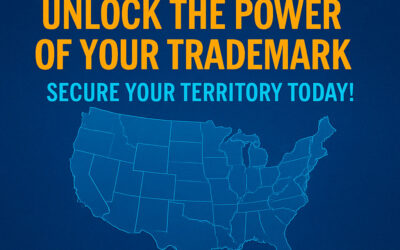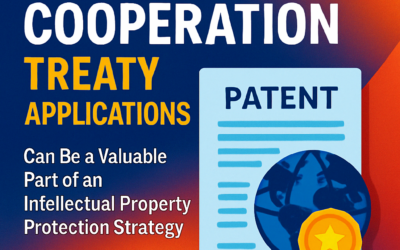Have you reached a point in your career where you need to discuss your trade secrets and confidential information with others? Are you concerned about your information being released to competitors or the general public? One of the key ways to keep your business information private is to use a Nondisclosure Agreement, frequently called an NDA. Read on to find out more about how NDAs are written and used. Don’t make the mistake of using a generic NDA or of signing another party’s NDA without first meeting with the attorneys of Garcia-Zamor. Garcia-Zamor provides customized NDAs and other business law documents, such as teaming agreements, software development agreements, manufacturing and licensing agreements, operating agreements so that your interests and the interests of your company are best protected.
What Is An NDA?
An NDA is a legally binding document that prohibits the signee from discussing specified proprietary information or using information shared with them out of the bounds of the agreement. An NDA can protect information like secret company processes, intellectual property, and business plans. If you are working with others outside of your company, you will want to have a written up NDA you can use whenever you need to share information with others.
One common situation in which you may want to use an NDA is hiring an independent contractor to work on a project. Imagine that you own an office building and decide to hire an independent construction company to add a bathroom. While these workers are inside your facility, they may come in contact with information about your company processes or business plans. An NDA will protect your information by allowing you to potentially pursue legal consequences if someone shares information that they agreed not to share. Often, simply signing an NDA is enough to discourage someone from sharing private information.
What Makes a Great NDA?
There is certain information that your NDA will need to have to be effective. Both parties need to be clearly defined, and the protected information must be clear. The signee must know how they may encounter secret information and how they may handle any secrets they come into contact with. You must also clearly define any exceptions or reasons why the NDA may be dissolved. The keys to a great nondisclosure agreement is clarity and awareness of any potential legal loopholes. You may feel like you are being overly specific or detailed but this attention to details may be exactly what you need to protect your business concerns.
The important thing to remember is that you must legally back up your nondisclosure agreement. If another party breaks their agreement, it may be time to pursue legal action and to fight back to protect your brand, research, customer lists, or other proprietary information. This can help mitigate any damage and will also show others that you intend to protect your property.
Get More Help
Are you interested in more information on how NDAs work so you can draft your own? You can contact us at Garcia-Zamor today to discuss all of your business’s legal needs. We can help you with a customized nondisclosure agreement is to address your concerns and help you write an iron-clad NDA. If the worst should happen and you need to pursue legal action to defend your intellectual property or business information, we will be there by your side. Move forward with confidence today!







